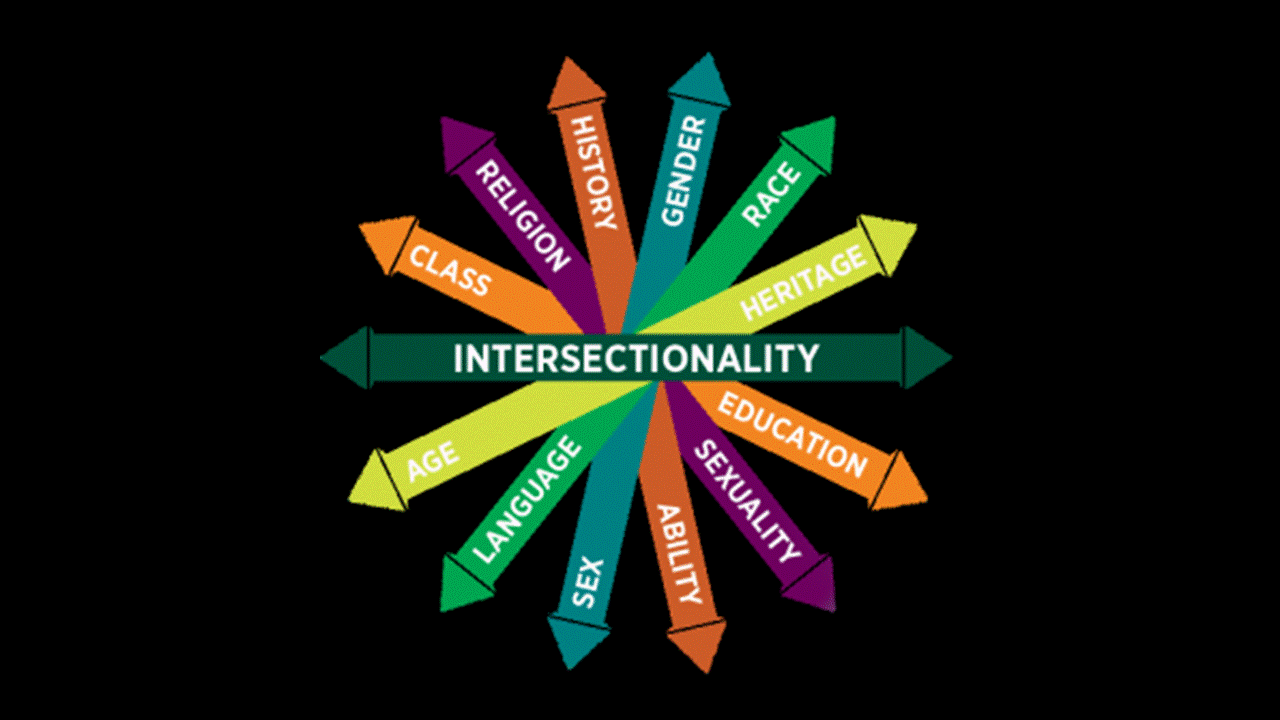
- Instructor of record: Jennifer Devereaux

This course traces the rise of the city-state (polis) in the Greek-speaking world beginning in the seventh-century BCE down to its full blossoming in classical Athens and Sparta in the fourth century BCE. Students should gain a critical understanding of the formation and development of Greek identity, from the Panhellenic trends in archaic epic and religion through its crystallization during the defense against two Persian invasions and its subsequent disintegration during the Peloponnesian war. The class will also explore the ways in which the evolution of political, philosophical, religious, and artistic institutions reflect the changing socio-political circumstances of Greece. The latter part of the course will focus on Athens in particular: its rise to imperial power under Pericles, its decline from the Peloponnesian War, and its important role as a center for the teaching of rhetoric and philosophy.
Since the study of history involves the analysis, evaluation, and synthesis of the sources available for the culture studied, students will concentrate upon the primary sources available for Greek history, exploring the strengths and weakness of these sources and the ways in which their evidence can be used to create an understanding of ancient Greece. Students should learn how to analyze and evaluate the evidence from primary texts and to synthesize the information from multiple sources in a critical way.
The course will be taught as an in-person hybrid, with access for remote students. No previous study of the ancient world is required.
Since the study of history involves the analysis, evaluation, and synthesis of the sources available for the culture studied, students will concentrate upon the primary sources available for Greek history, exploring the strengths and weakness of these sources and the ways in which their evidence can be used to create an understanding of ancient Greece. Students should learn how to analyze and evaluate the evidence from primary texts and to synthesize the information from multiple sources in a critical way.
The course will be taught as an in-person hybrid, with access for remote students. No previous study of the ancient world is required.
- Instructor of record: Radcliffe Edmonds

- Instructor of record: Jennifer Devereaux
- Instructor of record: Radcliffe Edmonds
- Instructor of record: Catherine Conybeare
- Instructor of record: Annette Baertschi
- Instructor of record: Asya Sigelman
- Instructor of record: Catherine Conybeare
- Instructor of record: Catherine Conybeare

- Instructor of record: Catherine Baker
- Instructor of record: Morgan Flottmeier
